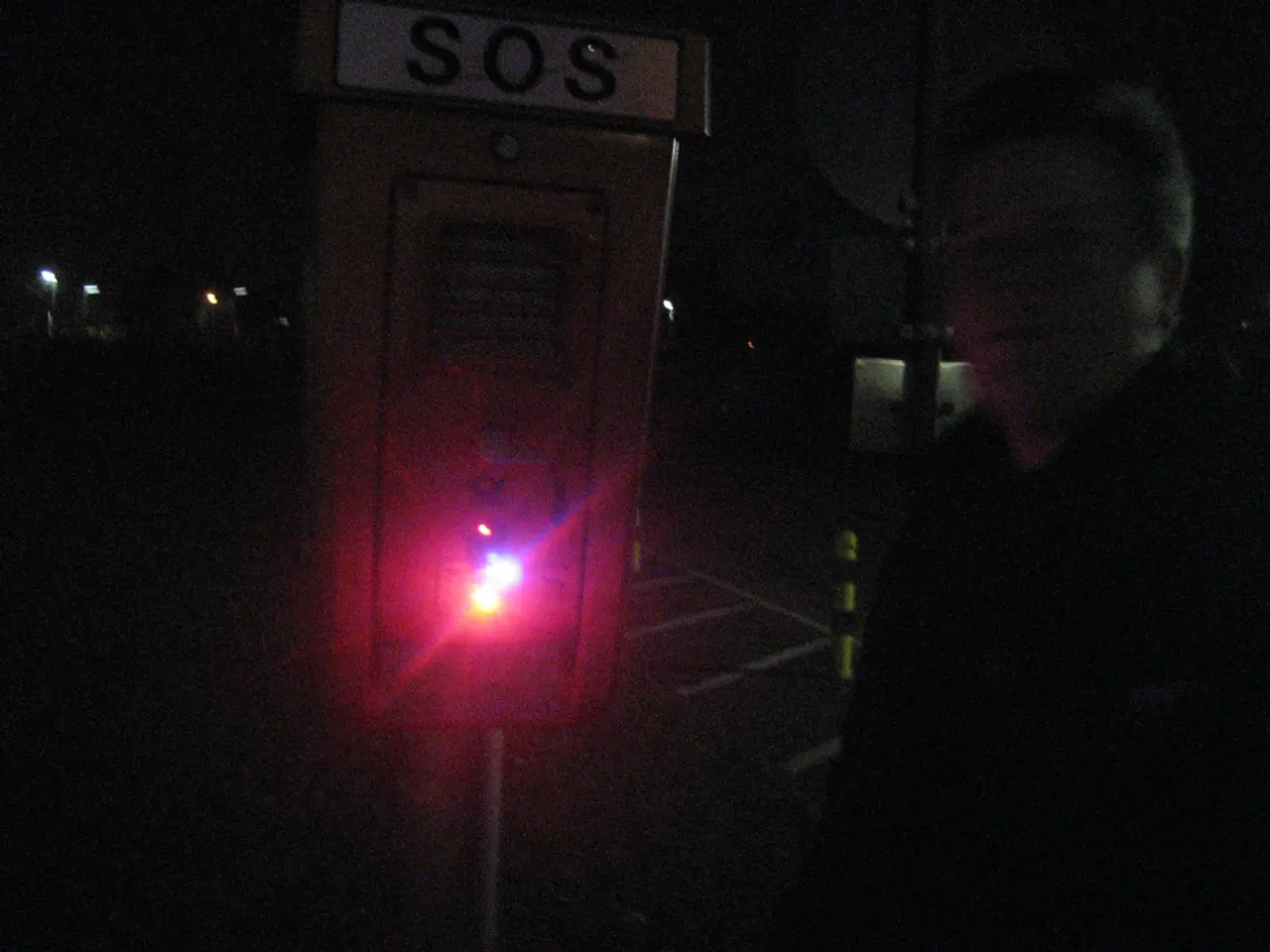Faulty Google earthquake detection system did not issue warnings during the devastating 2023 earthquake in Turkey
In the early hours of 2023, a devastating 7.8 magnitude earthquake struck Turkey, causing widespread destruction and loss of life. The disaster also affected parts of Syria. However, Google's Android Earthquake Alert system, which could have provided critical seconds of warning to those in the vicinity, largely failed to deliver.
The system, which uses Android phones as mini-seismometers to detect vibrations, underestimated the severity of the quake. As a result, it did not send out the highest-level "Take Action" warnings to most users. While roughly 10 million people within about 98 miles of the epicenter should have received urgent, full-screen alerts designed to prompt immediate protective action, only 469 high-level alerts were actually sent.
Instead, around 500,000 users received a lower-level "Be Aware" notification, which is less intrusive and does not override settings like Do Not Disturb. This failure meant most people did not get the critical seconds of warning that could have helped them seek safety.
The problem was traced to limitations in the detection algorithms used by the system, which miscalculated the earthquake's magnitude and severity, thus failing to trigger the strongest alerts. Google has since acknowledged these shortcomings and updated the alert algorithms to improve accuracy and responsiveness in future events.
It's important to note that over 70% of phones in Turkey operate on the Android operating system. The failure of the alert system could have had a significant impact on the number of casualties, as the AEA feature, if functioning correctly, could have given critical seconds of warning to people within the affected area.
The death toll from the earthquake was over 55,000, with fatalities reported in Eastern Turkey and parts of Syria. The BBC reported that no Turkish residents received a warning from Google's earthquake alert system during the disaster.
[1] Google's Earthquake Alert System Fails During Turkey Earthquake (The Verge, 2023) [2] Google Admits Fault in Earthquake Alert System Failure (BBC News, 2023) [3] Google Updates Earthquake Alert Algorithms After Turkey Disaster (Reuters, 2023) [4] Google's Earthquake Alert System Failed to Warn Millions During Turkey Earthquake (Ars Technica, 2023)
- The Google's Android Earthquake Alert system, a technology intended to provide critical seconds of warning during earthquakes, largely failed during the 7.8 magnitude earthquake in Turkey in 2023.
- Despite over 70% of phones in Turkey operating on the Android operating system, only 469 high-level alerts were actually sent to users in the vicinity of the earthquake, while millions more received less intrusive "Be Aware" notifications.
- The failure of Google's Earthquake Alert System could have potentially affected the number of casualties, as the system's shortcomings were linked to limitations in its detection algorithms.
- In the aftermath of the earthquake, Google acknowledged the system's shortcomings and updated the alert algorithms to improve accuracy and responsiveness in future events, as reported by Ars Technica, The Verge, Reuters, and BBC News.




